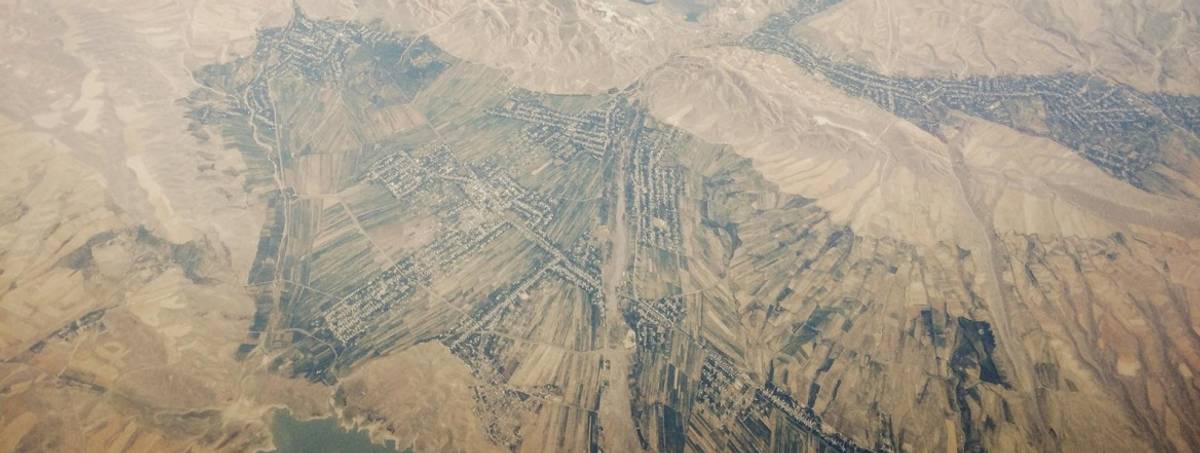Climate Change, Labour Migration, and Violent Extremism Recruitment
The project considers how climate change influences labour migration and recruitment by extremist groups in Tajikistan and assesses vulnerabilities and resilience factors.
The relationship between climate change and violent extremism in Tajikistan is indirect yet noteworthy, primarily influenced by international labour migration. The challenges, displacements, and adverse conditions associated with migration can diminish the resilience of certain migrants, increasing their susceptibility to radicalisation and recruitment. Existing literature acknowledges the connection between migration and the potential for radicalisation. Nevertheless, the presence of outdated and incomplete data regarding the current scope of this relationship, the efficacy of countermeasures implemented by the Tajik government, and the specific factors driving radicalisation - including the impact of climate change - remain significant information gaps and shortages for policymakers and programme designers.
This project examines the effects of recent events, particularly Russia's war against Ukraine on migrants and increasing migration to Turkey, along with adaptations made by violent extremism organisations. The findings will provide updated insights for policymakers and practitioners, guiding interventions on climate security and violent extremism.
This project is funded by Konrad-Adenauer-Stiftung (KAS)
Aims and objectives
The overall objective is to improve the understanding of the links between climate change vulnerability and security, which the Tajik government and other stakeholders can use to strengthen collaboration. It seeks to address knowledge gaps and provide evidence-based recommendations for policymakers and practitioners.
To achieve this, the project will:
- Assess whether Tajik labour migrants continue to be a primary recruitment pool for the Islamic State and other extremist organisations.
- Identify key factors influencing labour migrants’ resilience or vulnerability to radicalisation and recruitment.
- Examine how drivers of labour migration - including climate change - affect susceptibility to extremist narratives.
- Use research findings to inform future studies, policy frameworks, and intervention strategies focused on mitigating VE risks linked to migration and climate change.
Project outputs
The research team conducted 80 interviews between March and May 2025, including with migrants and experts across four regions of Tajikistan and further afield. A full-length report detailing the findings of the project is in progress and will be published soon.
The key findings include the following:
- Climate change is indirectly fuelling migration from rural Tajikistan by increasing pressure on livelihoods strategies, but migrants rarely identified it as a primary cause for their out-migration.
- Existing attempts to mitigate the impact of climate change are insufficient.
- Those from rural areas face greater cultural shock, economic hardship, and social isolation abroad: factors that increase vulnerability to radicalisation.
- Repressive migration regimes were found to exacerbate risks – the systematic abuse of migrants creates an enabling environment for VEO recruiters to operate.
- Community support networks created by migrants themselves remain an effective form of resilience, although these currently receive no external support.



